“It’s an Occupation of Life to Die”
If “patient values guide clinical decisions” what does that mean in the context of euthanasia?
The Beryl Institute has engaged many providers across multiple care settings to explore the key elements of experience in action, including senior living and long-term care communities. With the knowledge that people are living healthier and longer, creating an anticipated influx over the next three decades of older adults who wish to reside in senior living environments, the Institute remains focused and dedicated to elevating the resident experience in these settings.
The path to improving experience for our aging population is paved with practices and processes that ensure residents are at the center of the world in which they live. This resource center acknowledges and elevates the voice of the resident providing helpful resources to drive a culture of aging that affords those in senior living communities the opportunity to direct their own lives to the greatest extent that they can.

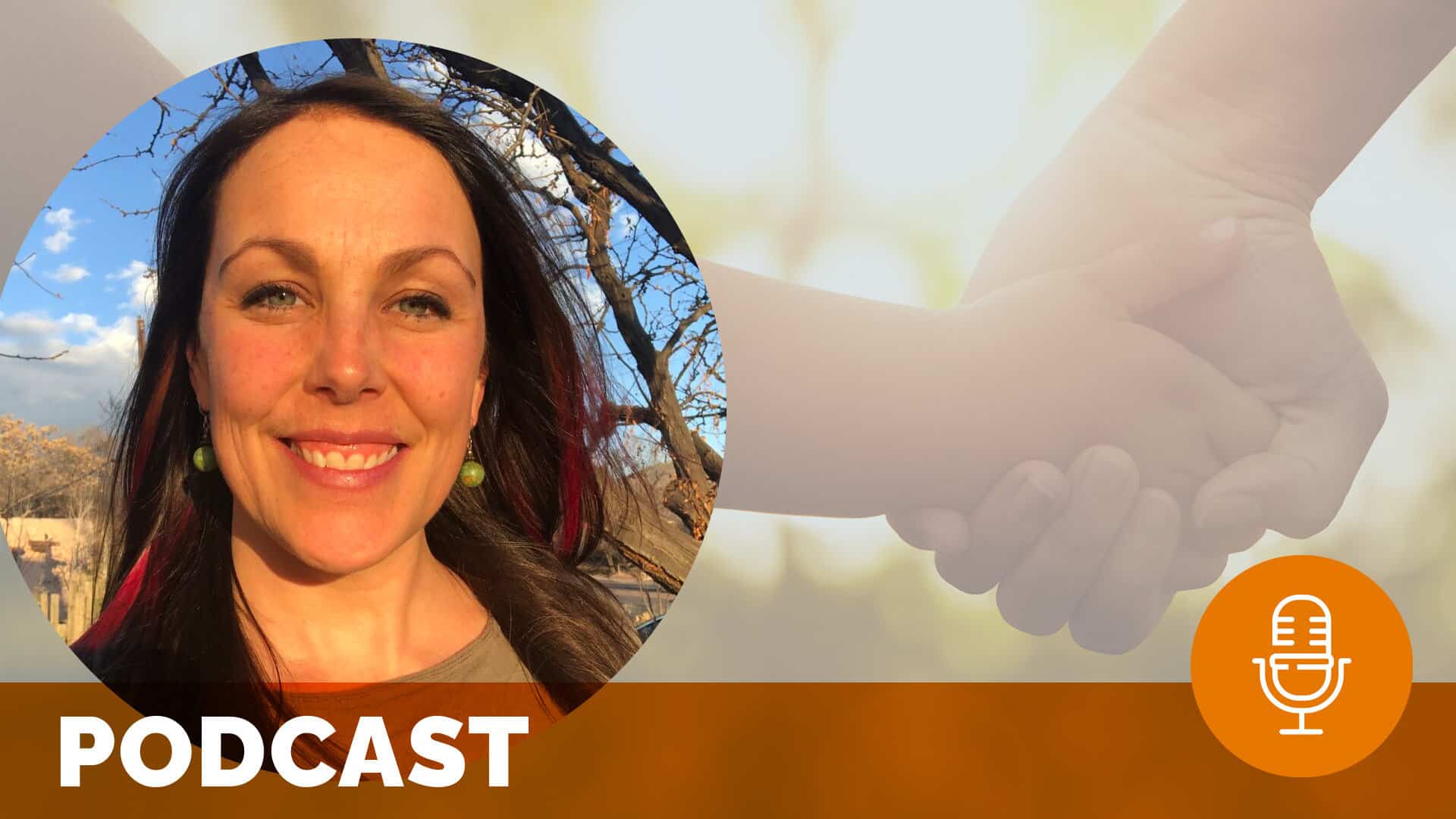
If “patient values guide clinical decisions” what does that mean in the context of euthanasia?
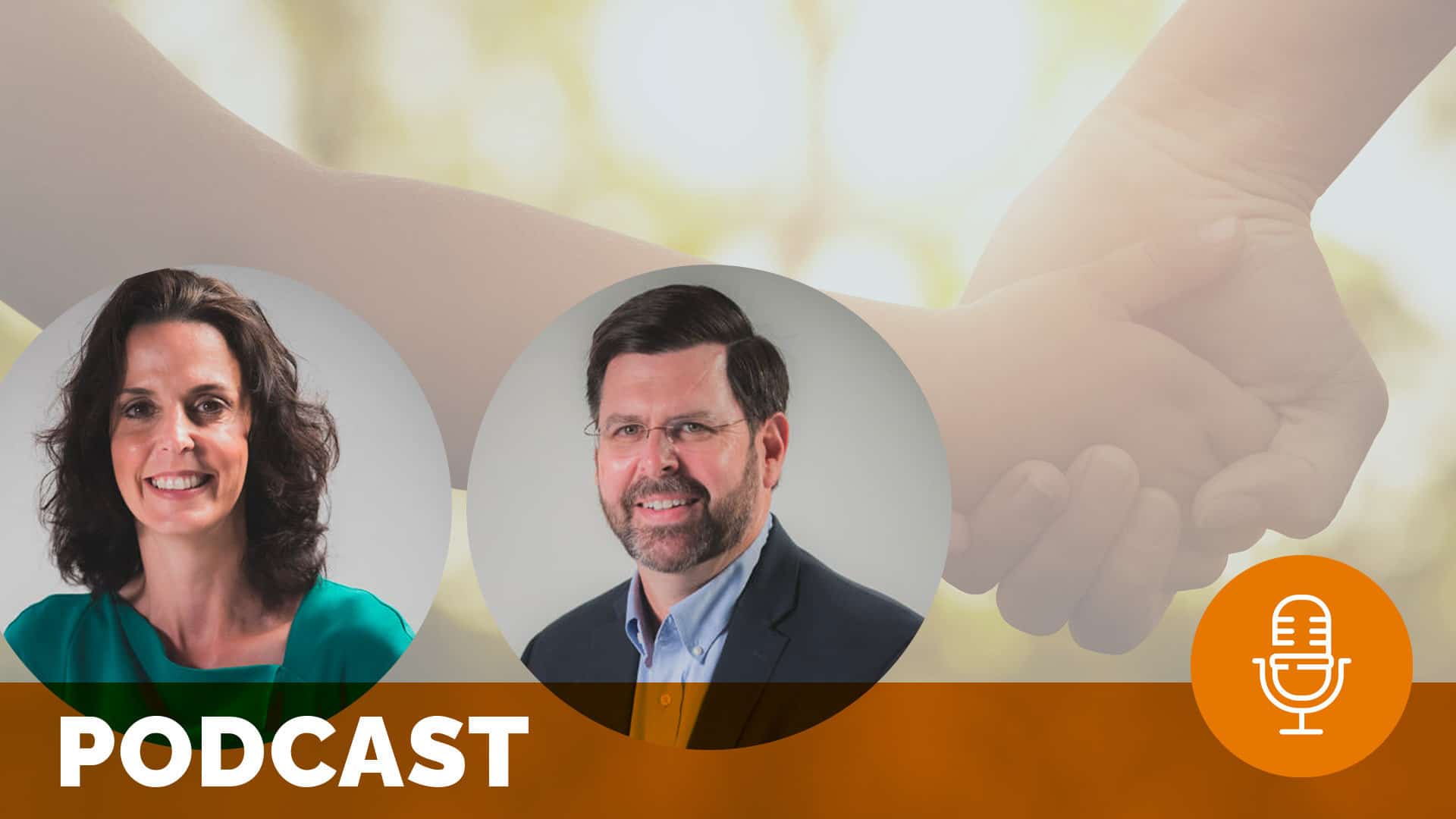
How is the Baby Boomer Generation already impacting the landscape of Long Term Care?

Is it wrong to eat homemade pie when we visit a patient in their home? See what you think after hearing from Nicole Claggett and Cooper Linton.

Supported by a grant from The Beryl Institute, Ascension Senior Living set out to quantitatively measure if they could improve wellness and well-being for residents living with dementia through reading activities that promote social interaction. By implementing the Reading2Connect Social Engagement Program, long-term care residents at Ascension found greater quality of life through illustrated books

Utilizing spatial data of U.S. nursing homes, nursing schools, and CMS’s Nursing Home Compare data, this research report yields important information regarding the implication of the nursing shortage.

This descriptive qualitative study was designed to increase our understanding of care as experience by various stakeholders in a nursing home.

Culture Change initiatives in long term care have identified creative ways to implement a model of Person Directed Care that aims to improve the client experience by providing dignity and choice, and foster deep relationships among its community members.

Improving a patient’s final moments is the final step of the patient experience and defines human interaction.

Paul Jaglowski, Co-Founder and Chief Strategy Officer at Feedtrail, shares his experience as a NICU dad and why personalized engagement is so important for not only the families and patients receiving care but also for the care teams and clinicians. Paul recommends best practices for engagement and recognition to elevate the care experience for all
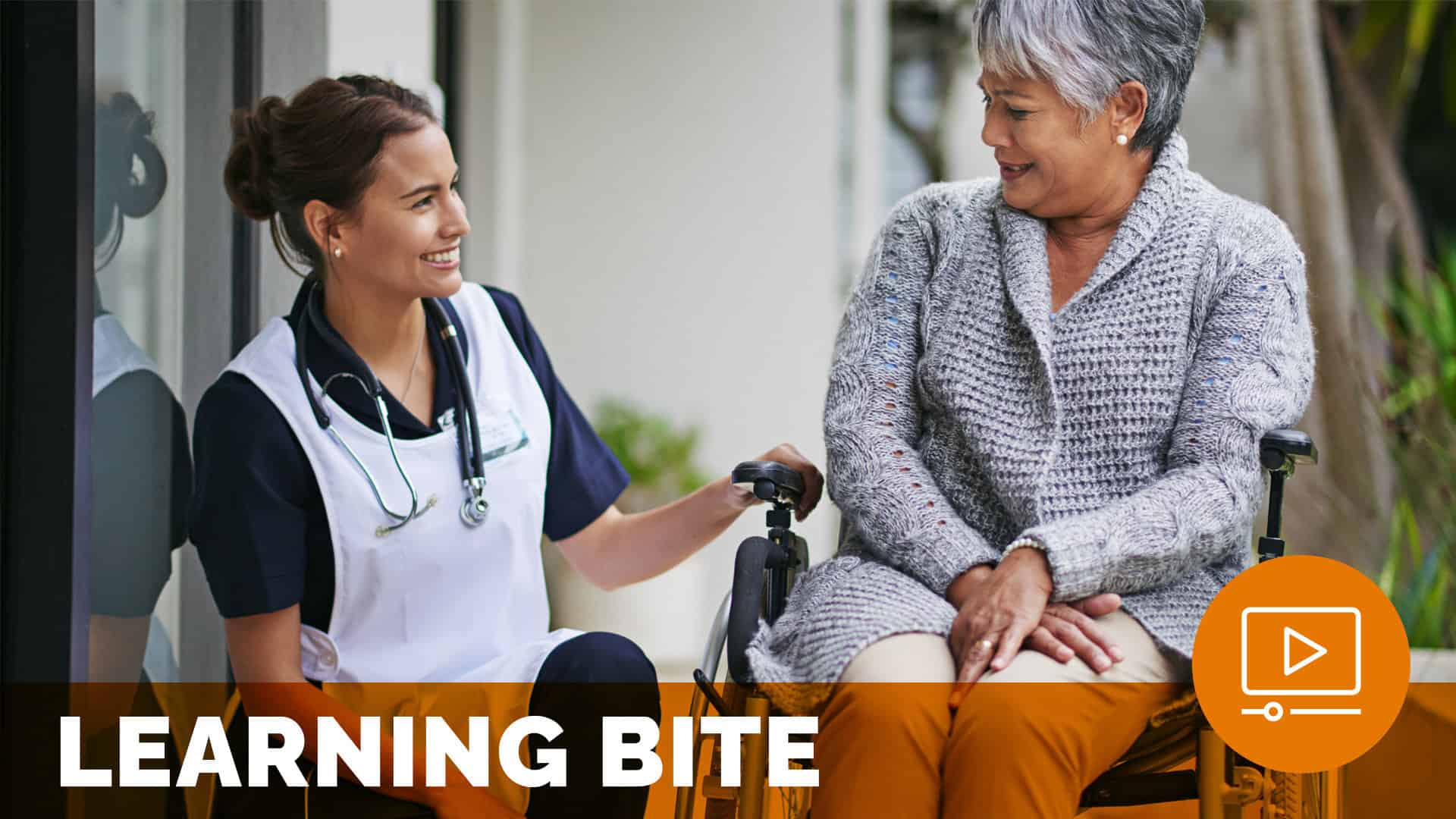
Alla Borsen, LS, MLS, Senior Director Guest Experience at ArchCare at Mary Manning Walsh shares a number of strategies you can use to help residents feel comfortable in their care and enjoy a better quality of life to ultimately create a culture of excellence.
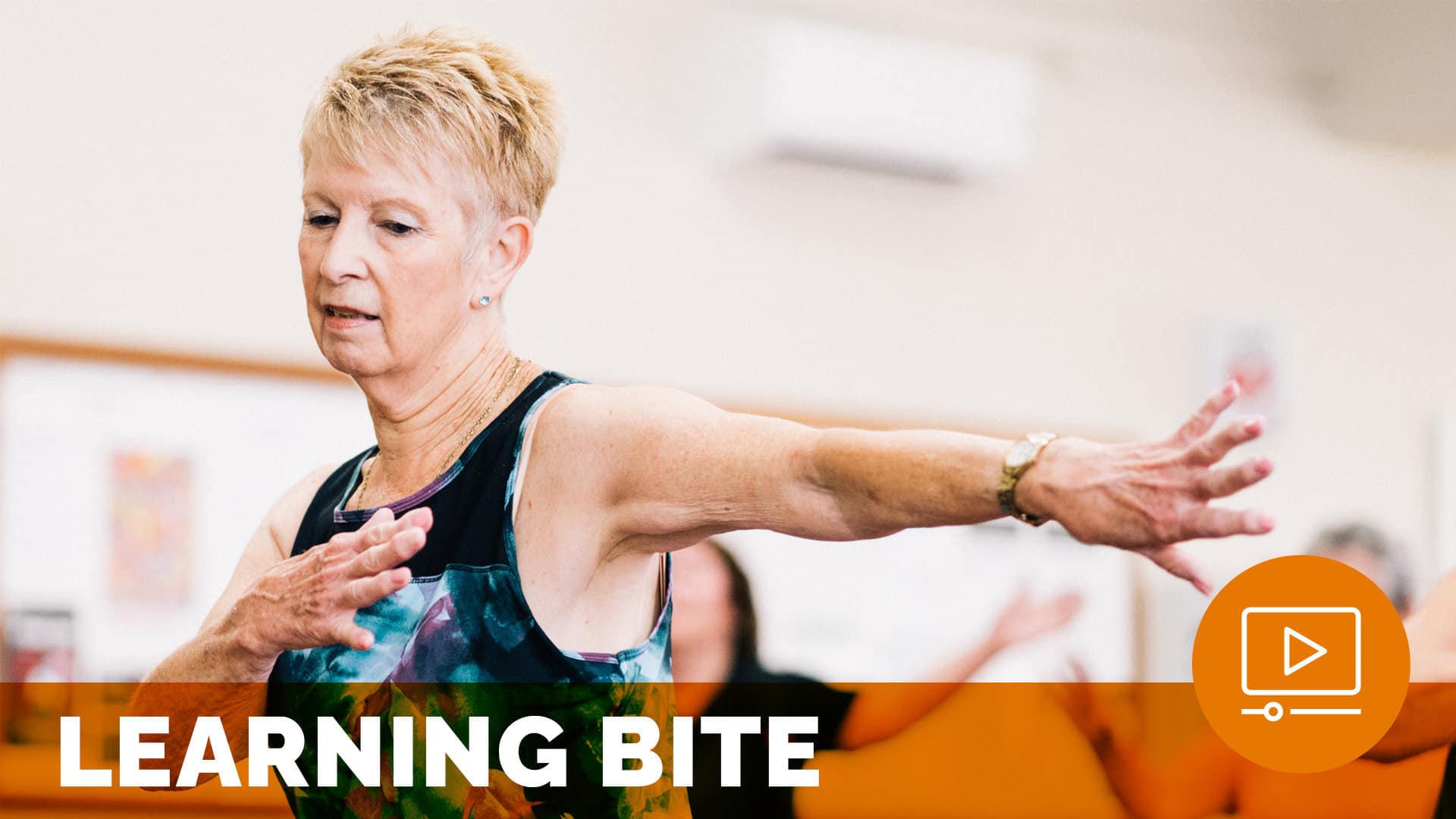
Tammy L. Marshall, Chief Experience Officer at Thrive Senior Living, discusses ageism and how our personal actions, as it relates to age related stigmas, can impact the patient experience. We are challenged to join the movement of ending age related prejudice across the continuum of care.
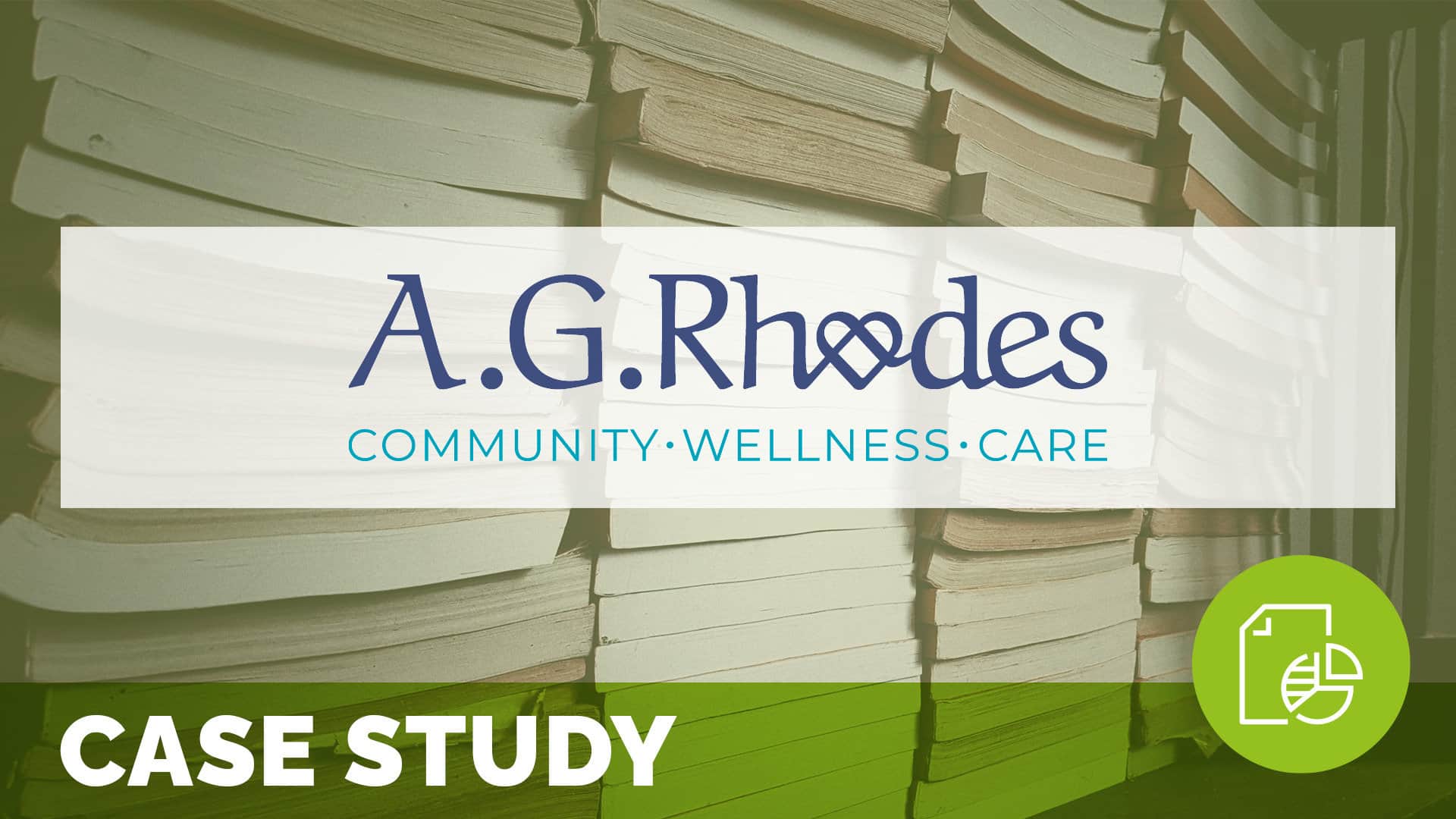
A. G. Rhodes, a premier nursing home providing services to the aging community since 1904, established a leadership development program to create a pipeline of future that fosters equity and inclusion throughout their communities leaders from underrepresented and ethnic groups. Learn more about the program and how they are fostering diversity and developing their staff
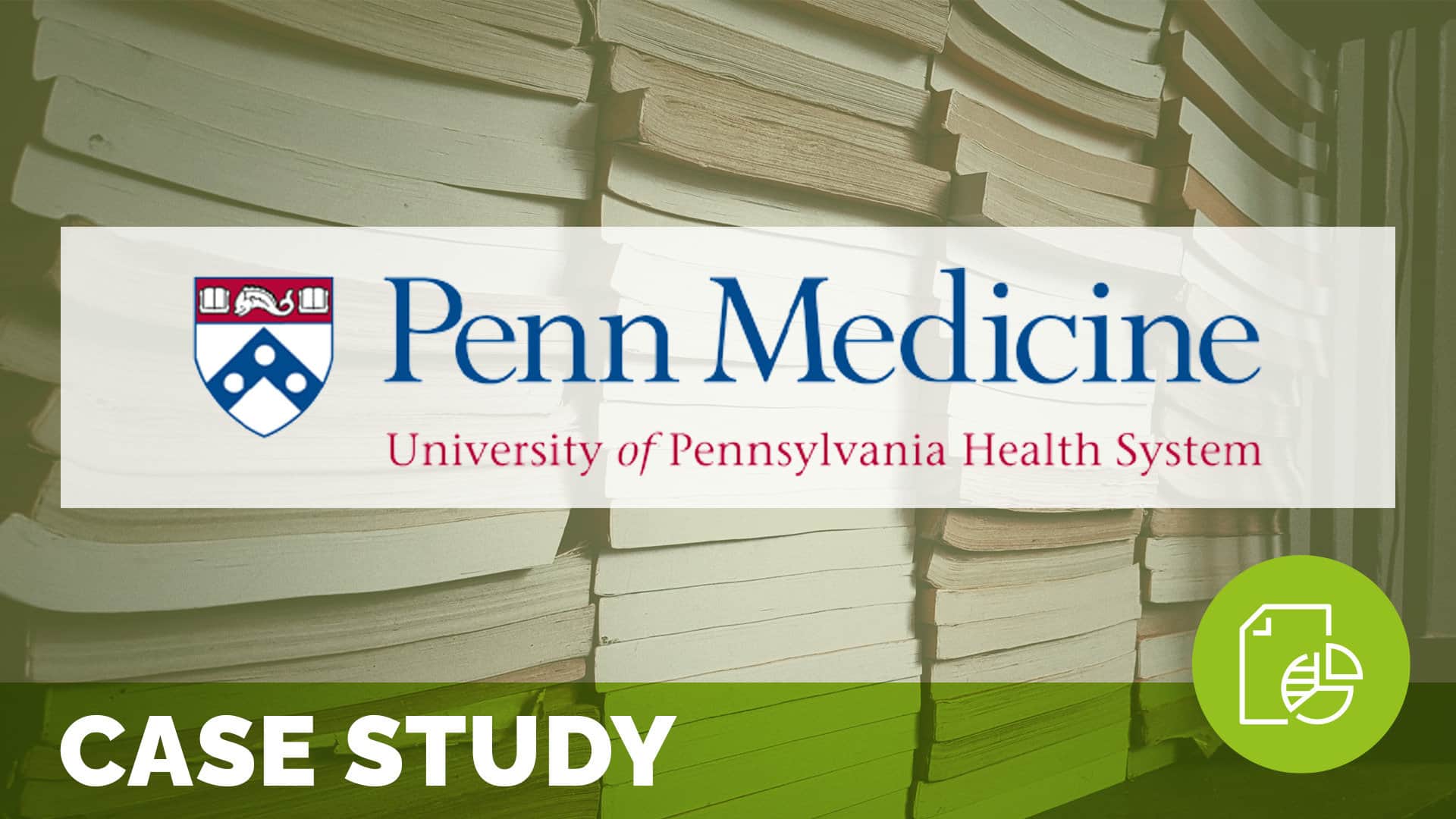
Readmissions reduction is a primary focus for the University of Pennsylvania (UPenn) Home Care team, specifically for the Caring Way Program.
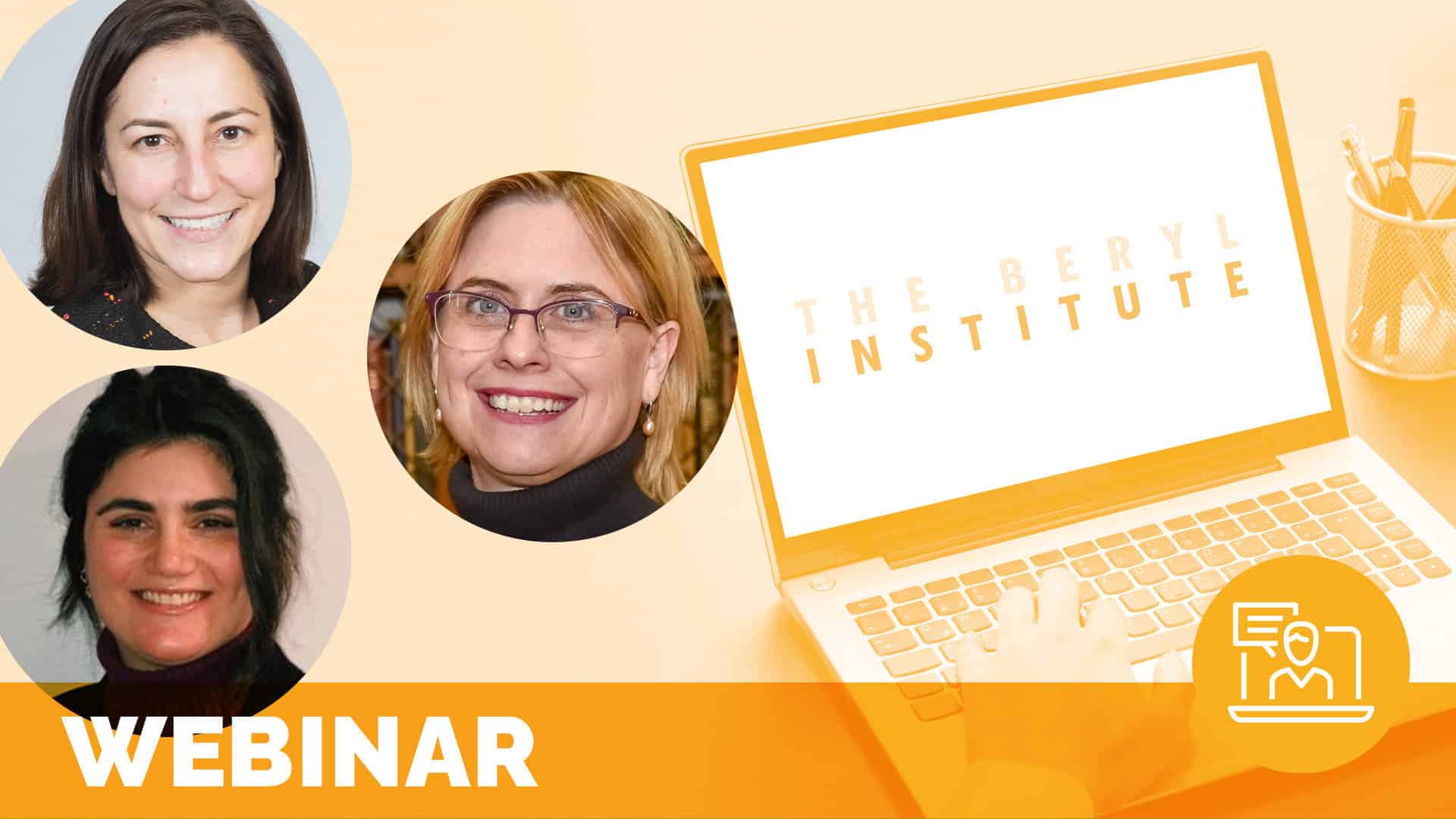
Explore a MLMS project focused on Veterans with spinal cord injuries with a brief overview of various forms of life-story work, such as narrative medicine, dignity therapy, and narrative therapy.

During the height of the pandemic, staff at the Visiting Nursing Association Health Group developed an innovative experiential program called “Blessing of the Buildings.”

Examine human experience in senior living communities through the eyes of the residents who live in these environments as well as the professionals in the field of elder care.
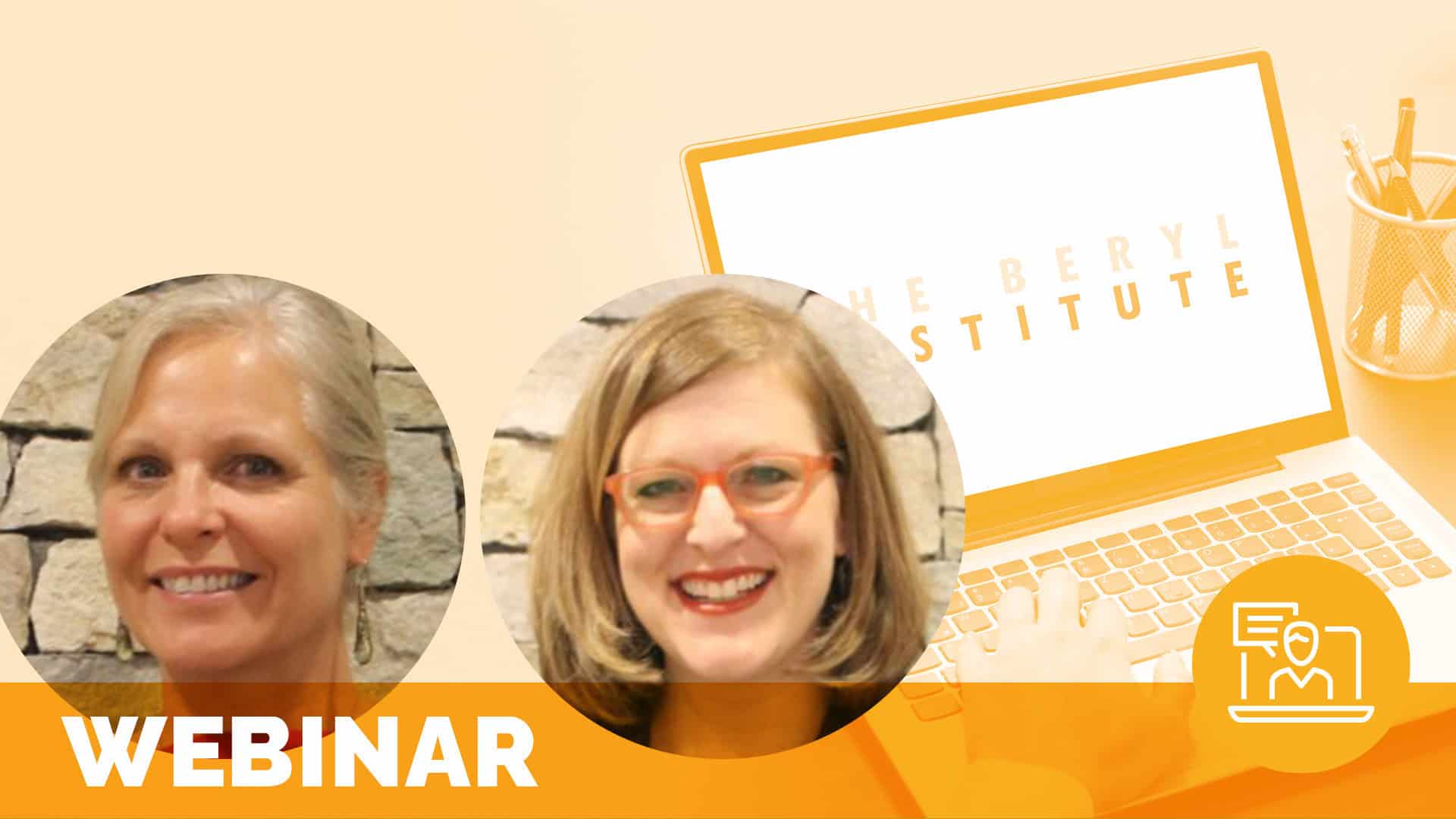
Understand why making personal connections, communicating with empathy and showing compassion for every patient and family is top priority, and why anticipating the needs of a patient or family member and making a patient’s day are daily goals.
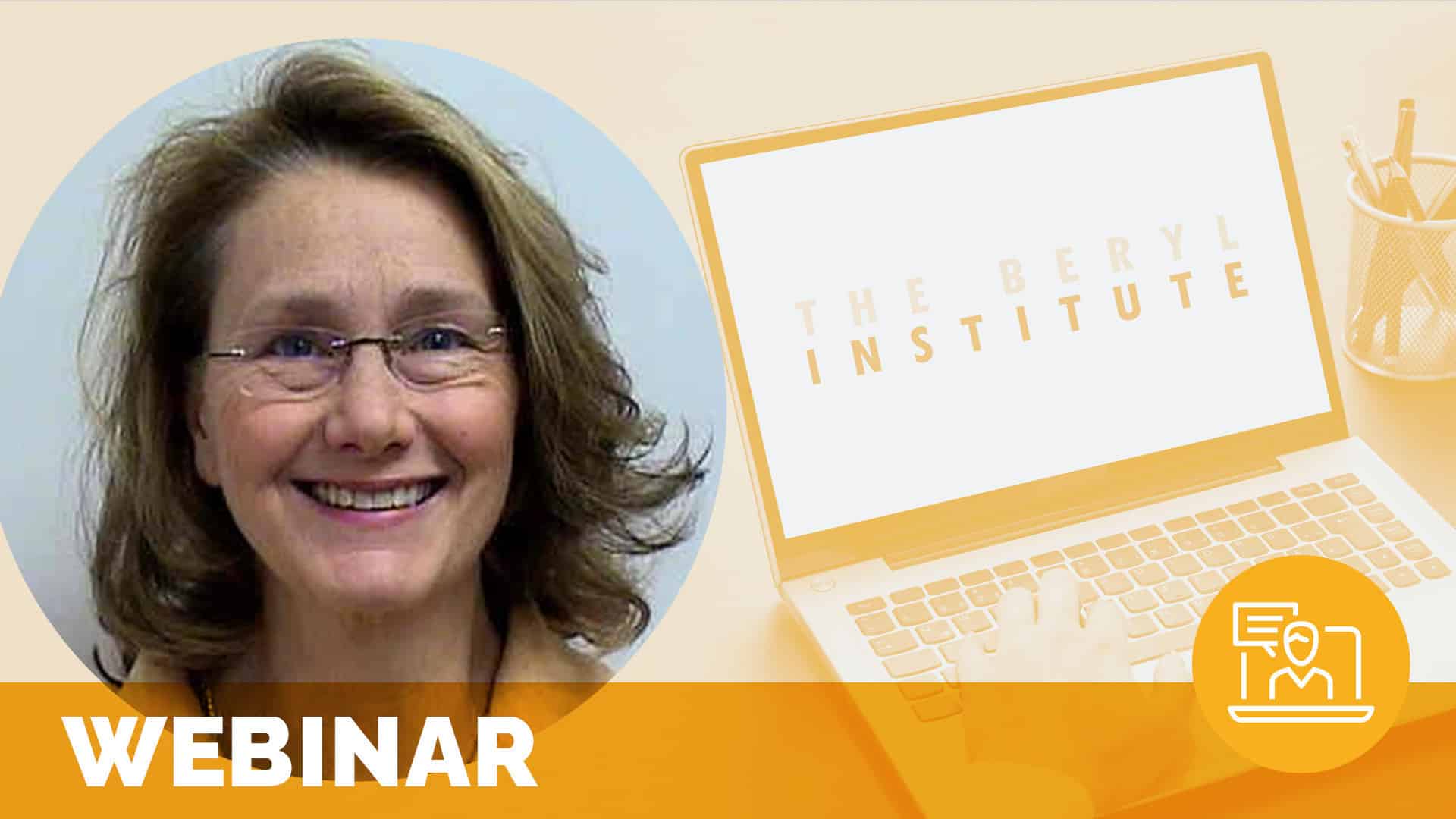
Delirium prevention offers an evidence-based way to improve experience while improving patient outcomes and cutting expenses. Gain insight into the importance of this syndrome, which affects frail elderly patients disproportionately.

Explore the 2011 Dining Practice Standards agreed upon by 12 clinical standard setting organizations and recognized by CMS.
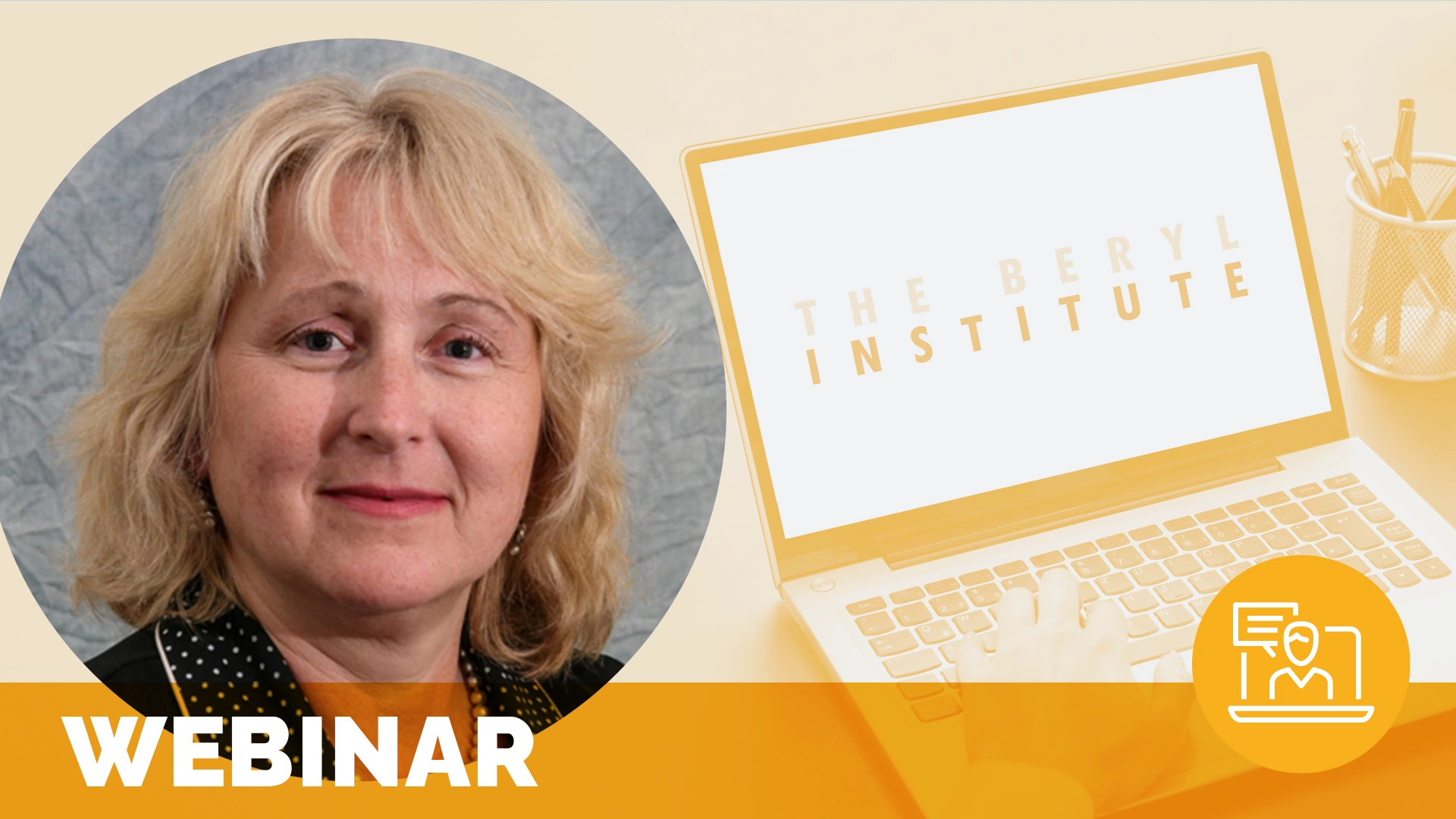
Understanding core concepts that are the foundation of statistics that will provide useful insight into analyzing data, prioritizing goals and recognizing progress in performance improvement efforts.